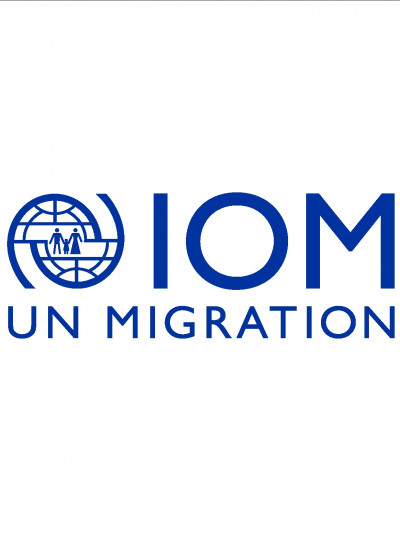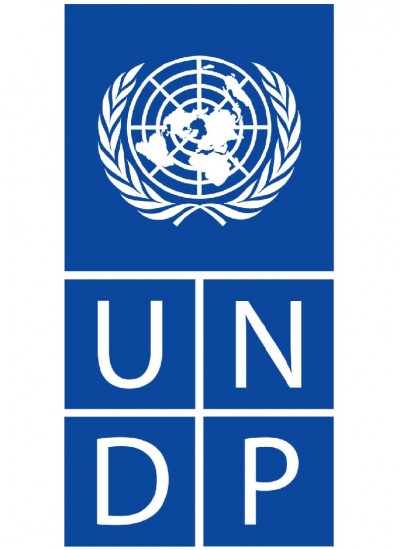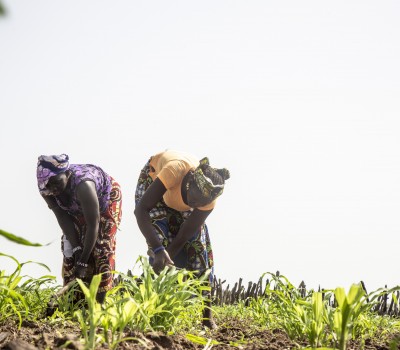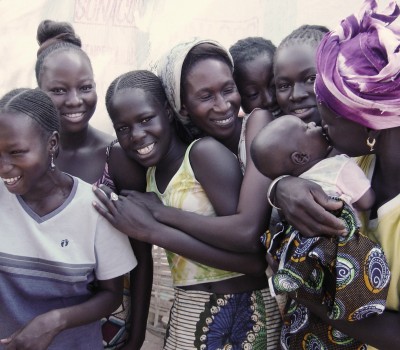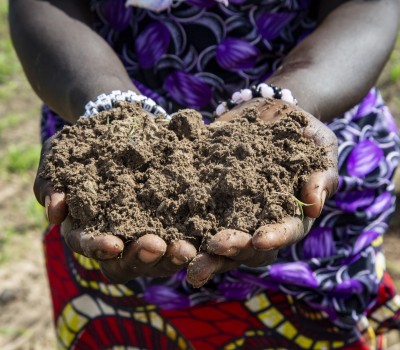International and internal migration affect all regions of Senegal. Thousands of migrants transit through and leave Senegal each year, with almost half of migrants from Senegal remaining in West Africa. Senegal has also seen increasing repatriation of migrants in recent years and during the COVID-19 pandemic, with an IOM study finding that 72% of returning migrants carried debt that affected their sustainable reintegration outcomes.
The Programme’s three projects, in the regions of Sédhiou, Diourbel and Saint Louis, empower local community members and returning migrants through income generation, business training, awareness raising and livelihood support. Click on the buttons below to see how we connect migrants, local authorities, diaspora and the private sector to support migrant contributions to local development, with a focus on green jobs, youth and women.
Through these concrete initiatives in the three target regions, as well as training and capacity building, the national and regional authorities will be able to integrate migration considerations into their policies and programming across three of the Programme’s priority sectors: employment, health and education. Previous phases of the Global Programme ensured migration is included in national policies such as the Emerging Action Plan of 2019-2023 (PSE) and its Priority Action Plan (PAP2). In September 2020, the PAP2 was revised as PAP2A (Adjusted and Accelerated) for the recovery of the economy due to the impact of the COVID-19 pandemic for a better strategy of resilience and support for vulnerable communities.
The Programme builds on these successes both to strengthen coordination between local and national authorities, in line with the government’s decentralization efforts, as well as to bring in expertise and research to support the mainstreaming of migration into these priority sectors. For example, the Programme will provide technical assistance to the national government’s strategic documents on the environment by conducting and disseminating research on the link between migration and water in the context of rural development.
In line with the GCM and the 2030 Agenda, the Programme’s whole-of-society approach involves innovative partnerships with Senegalese universities to engage the diaspora and private sector for local sustainable development. Through a mapping of the diaspora in select countries in Europe and Africa, the Programme will identify the characteristics and potential contributions of the diaspora to Senegal’s sustainable development nationally and in the three target regions. Three universities, one in each target region, draw on their strong existing relationships to develop a strategy to engage the private sector for sustainable development based on a mapping of their roles in the migratory cycle. These diaspora and private sector mappings provide crucial data for the local authorities to include these development partners in designing and implementing their policies.
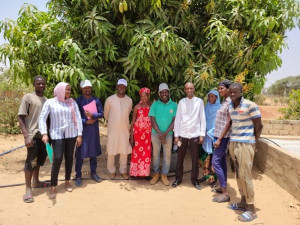
Senegal also exemplifies the Programme’s local approach, building capacities of local and regional authorities to develop coherent migration and sustainable development policies and programming. Through the diaspora and private sector mappings, as well as a Migration Governance Indicators assessment of the coherence and efficacity of migration policies, the three Programme regions will draw up their own migration profiles. The regional authorities will then leverage these profiles to establish community development plans, supported by capacity building on monitoring and evaluation and managing migration data. These regions are key actors in migration governance, as border regions, transit regions and potential future migratory hubs. By building their capacities and knowledge on migration and sustainable development, the Programme ensures these local authorities are able to fully leverage the development potential of their migrants.
Finally, through the Programme’s technical support, Senegal will showcase its sustainable development achievements at regional and global dialogues, as well as within the Global Programme. With technical assistance and funding for Senegal’s participation in the 2030 Agenda’s High-Level Political Forum (HLPF) and other fora such as the Pan-African Forum on Migration, the government will be empowered to share its progress on migration and sustainable development. Both the national and regional authorities are also fully engaged in the Programme’s internal knowledge exchange activities, sharing their good practices with the 10 other Programme countries and learning from experiences in other regions and contexts.
For more information, contact:
- Ibrahima Thiam, IOM Senegal, ibthiam@iom.int
- Mody Attmane Diop, UNDP Senegal, mody.attmane.diop@undp.org
